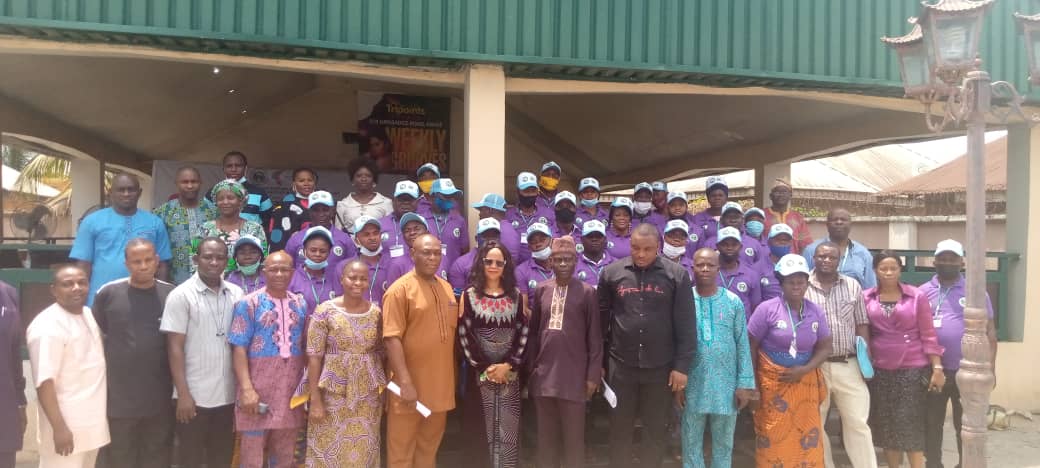In a bid to improve food security and reduce post-harvest losses, the National Institute for Horticultural Research (NIHORT), has trained women and youths in three local government areas of Delta State on proper management of mushroom and tomato.
Executive Director, NIHORT, Mohammed Lawal Atanda, during the training session pointed out that the choice of training on value addition on mushroom and tomato is relevant due to the increase in mushroom consumption as a result of the consciousness of the nutritional and medicinal value and to alleviate post-harvest loss for better livelihood of the farmers.
The director, who was represented at the occasion by Director of Research, Dr. E. I. Nwanguma, said the training will enhance the Federal Government’s efforts and focus on agriculture and drive the diversification of the country’s economy.
FG Trains Youths and women on Modern Tomato Production
The training aimed at delivering technologies that will address the post-harvest losses encountered by these farmers through training on mushroom and tomato value addition, in order to get best out of these important agricultural products of great economic importance that are of high demand in Nigeria.
The training was in three batches, with each batch representing each local government. The first batch of the training representing Ndokwa West Local Government had 35 women and youth as participants with each of them presented with certificate of participation.
NIHORT Trains Women, Youths on Plantain, and Pumpkin Production
The second batch representing Ndokwa East also had 35 women and youths, while the third batch involving Ukwani Local Government had 30 women and youths. In all, 100 women and youths were trained in mushroom and tomato value chain.
The training covered precautions for food handlers, processing flow chart, value addition, utilization, and processing of mushroom value added products. The tomato aspect of thee training involved, value addition to tomato, processing requirements, storage of tomato products, as well as economic analysis of tomato value addition into powder and value addition into whole peeled tomato fruits.



